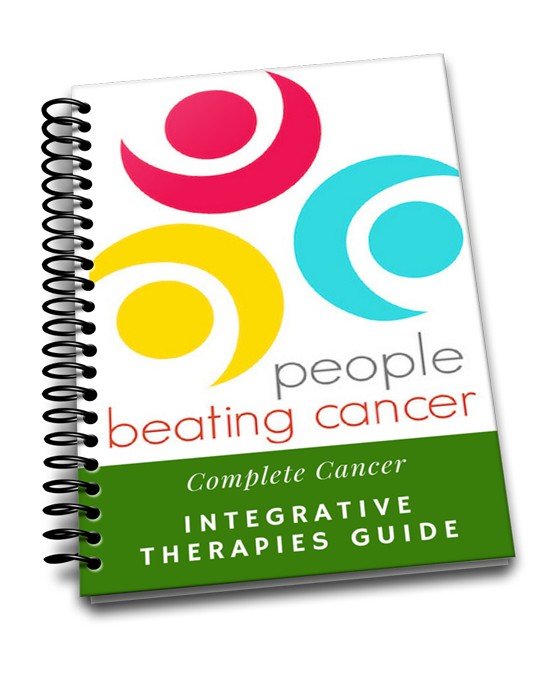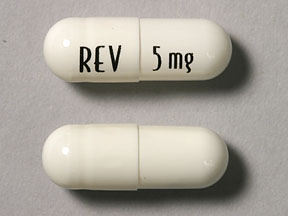
Recently Diagnosed or Relapsed? Stop Looking For a Miracle Cure, and Use Evidence-Based Therapies To Enhance Your Treatment and Prolong Your Remission
Multiple Myeloma an incurable disease, but I have spent the last 25 years in remission using a blend of conventional oncology and evidence-based nutrition, supplementation, and lifestyle therapies from peer-reviewed studies that your oncologist probably hasn't told you about.
Click the orange button to the right to learn more about what you can start doing today.
- You are here:
- Home »
- Blog »
- Multiple Myeloma »
- Multiple Myeloma Diagnosis- Relapsing- Curcumin w/ Lenalidomide
Multiple Myeloma Diagnosis- Relapsing- Curcumin w/ Lenalidomide

For a Multiple Myeloma Diagnosis, curcumin exerts a cytotoxic effect additive to that of lenalidomide on H929 myeloma cells, and it also enhances the chemo-sensitizing effects of this agent…”
Hi Cancer Coach- I was received a Multiple Myeloma diagnosis in Dec 2012. The last year my MM has escalated aka I have relapsed. My oncologist says that my bone marrow is 70-80% MM, done 6 months ago.
I don’t want conventional treatments. I don’t have a lot of money since I started a medical leave. I have tried a few alternative medicines but not working so far. Would appreciate advice- Jim
Hi Jim,
I am sorry to learn of your MM relapse. I have to say though, that a seven year remission is pretty good- well above average. I will make a few suggestions and then ask a couple of questions below.
If you have been in remission for the past 7 years then I’m thinking that you have not undergone any chemo or radiation in that time and therefore your body should be relatively healthy. I hope I am thinking correctly here.
If your bone marrow is more than 60-70% MM cells then you don’t have the time necessary for non-conventional therapies to work. The problem yet strength of toxic theraies is that they work faster because they are toxic…And toxicity kills both cancer cells and healthy cells…
Consider low-dose chemotherapy combined with evidence-based integrative therapies (see below). For example, low-dose revlimid (lenlidomide) combined with integrative therapies such as curcumin can offer less toxicity while still reducing your MM.
My definition of low-dose is 5-10 mg of revlimid but your oncologist’s definition may be more like 20 mg.
You are trying to balance toxicity with cytotoxicity (killing your MM). Not to mention that lower doses of any chemotherapy are cheaper than higher doses…
Further, anti-angiogenic nutrition and supplementation has been shown to be cytotoxic (kill) to MM.
My point also, is that alternative therapies, at this point in your relapse, may not be enough to fight your MM. I’ve worked with patients with pre-MM (MGUS or SMM) who can maintain low levels of MM with curcumin, diet, etc. but the amount of MM in their bodies is much less than yours.
Questions-
- Are you dealing with any side effects of your chemo from 2012-13? Peripheral neuropathy? Kidney or bone damage?
- How are you feeling overall?
Let me know and hang in there,
David Emerson
- MM Survivor
- MM Cancer Coach
- Director PeopleBeatingCancer
Recommended Reading:
- A Different kind of Second Opinion-Multiple Myeloma Cancer Coaching
- Multiple Myeloma Treatment Side Effects
- Multiple Myeloma Information
- Cancer Coaching Testimonials- PeopleBeatingCancer
Natural health products that inhibit angiogenesis: a potential source for investigational new agents to treat cancer—Part 1
“The present article focuses on products that have a high degree of anti-angiogenic activity, but it also describes some of the many other actions of these agents that can inhibit tumour progression and reduce the risk of metastasis…
The herbs that are traditionally used for anticancer treatment and that are anti-angiogenic through multiple interdependent processes (including effects on gene expression, signal processing, and enzyme activities) include Artemisia annua (Chinese wormwood), Viscum album(European mistletoe), Curcuma longa (curcumin), Scutellaria baicalensis (Chinese skullcap), resveratrol and proanthocyanidin (grape seed extract), Magnolia officinalis (Chinese magnolia tree), Camellia sinensis(green tea), Ginkgo biloba, quercetin, Poria cocos, Zingiber officinalis (ginger), Panax ginseng, Rabdosia rubescens hora (Rabdosia), and Chinese destagnation herbs…
Curcumin enhances the cytotoxic and chemo-sensitising effects of lenalidomide in human multiple myeloma cells
“Background: Curcumin, the active component of the Curcuma longa plant, has been shown to potentiate the effect of the immunomodulatory drugs (IMiDs) thalidomide and Bortezomib against human myeloma cell lines and a nude mice model. Its effect on the other IMid, lenalidomide, has not been evaluated. This study aims to investigate the mechanism of action of curcumin and its potential ability to positively interact with lenalidomide.
Method: we designed an in-vitro study to investigate the cytotoxic and chemo-sensitising effects of curcumin alone and in combination with lenalidomide on the human myeloma H929 cell line.
Results: Incubation of H929 cells with curcumin (30mM) or lenalidomide (2.5 mM) for 3 days resulted in 26.35% (±1.06) and 30.81%(±2.98) apoptotic cells respectively. When 30 mM curcumin was combined with 2.5 mM lenalidomide, 50.4% (±3.37) apoptotic cells were detected by flow cytometry and the increase was significant compared to either curcumin alone or lenalidomide alone (anova p = 0.0026). Furthermore, gene analysis studies show that curcumin enhances the cytotoxic effect of lenalidomide via suppression of the cereblon and multi-drug resistant genes.
Conclusion: Curcumin exerts a cytotoxic effect additive to that of lenalidomide on H929 myeloma cells, and it also enhances the chemo-sensitizing effects of this agent.


